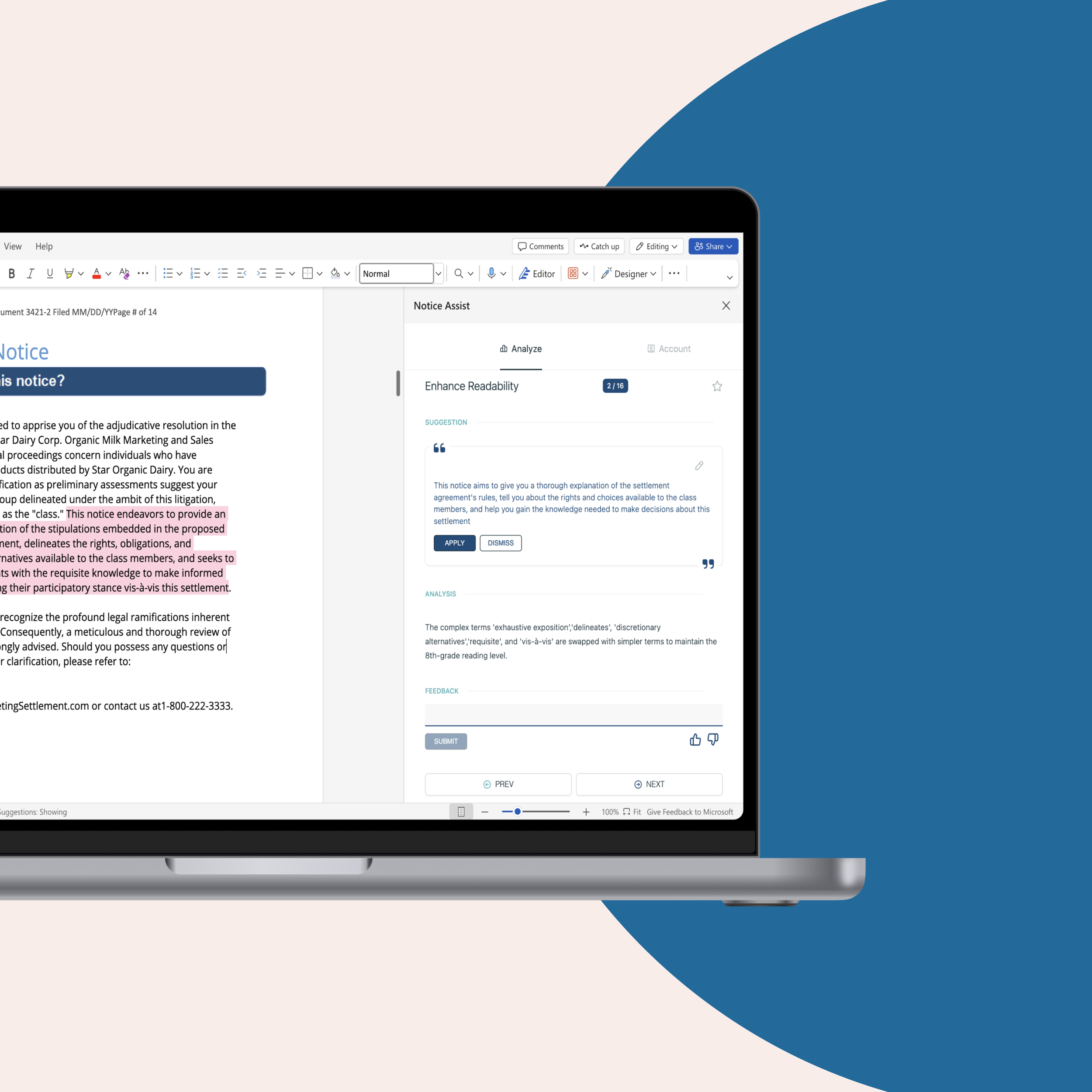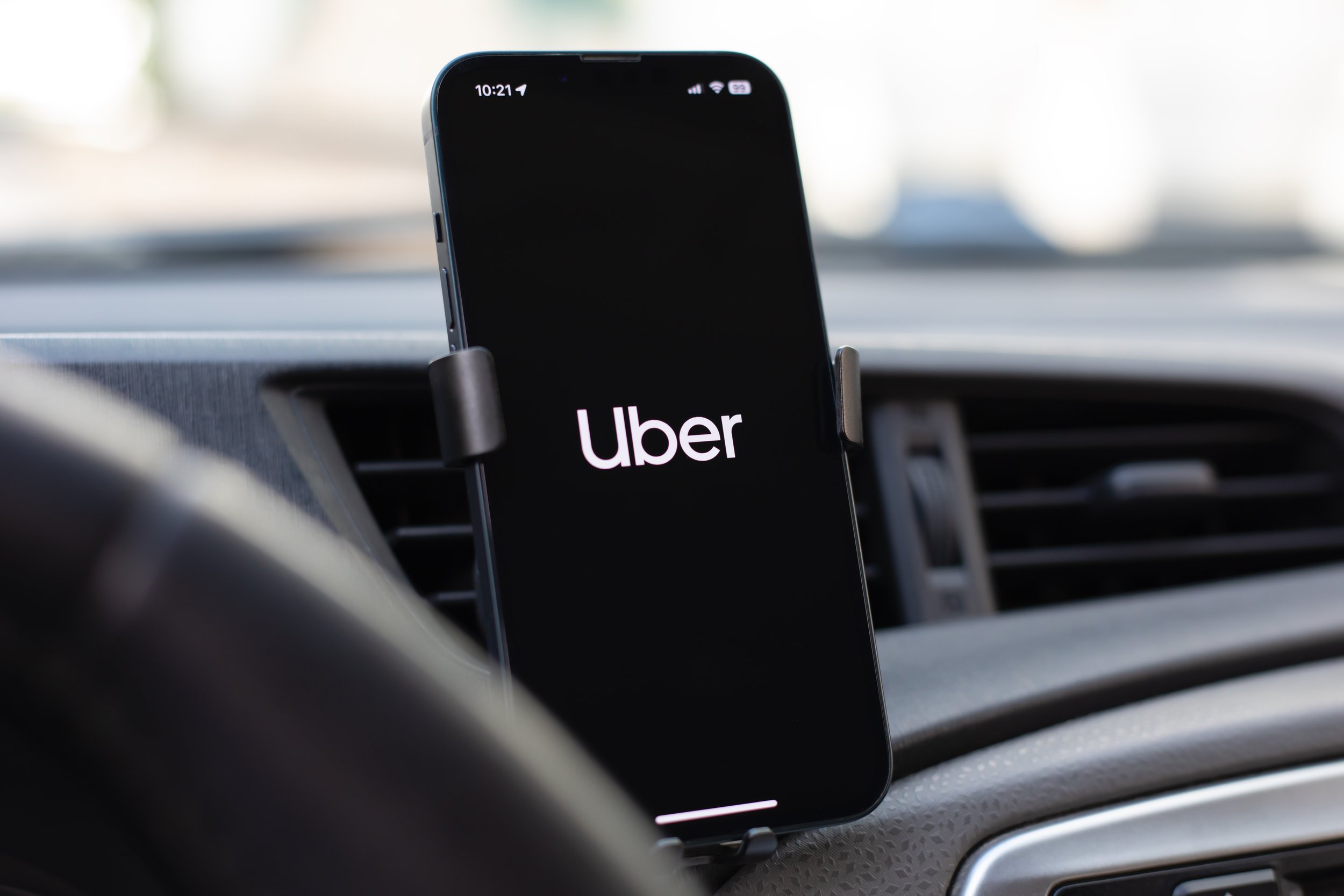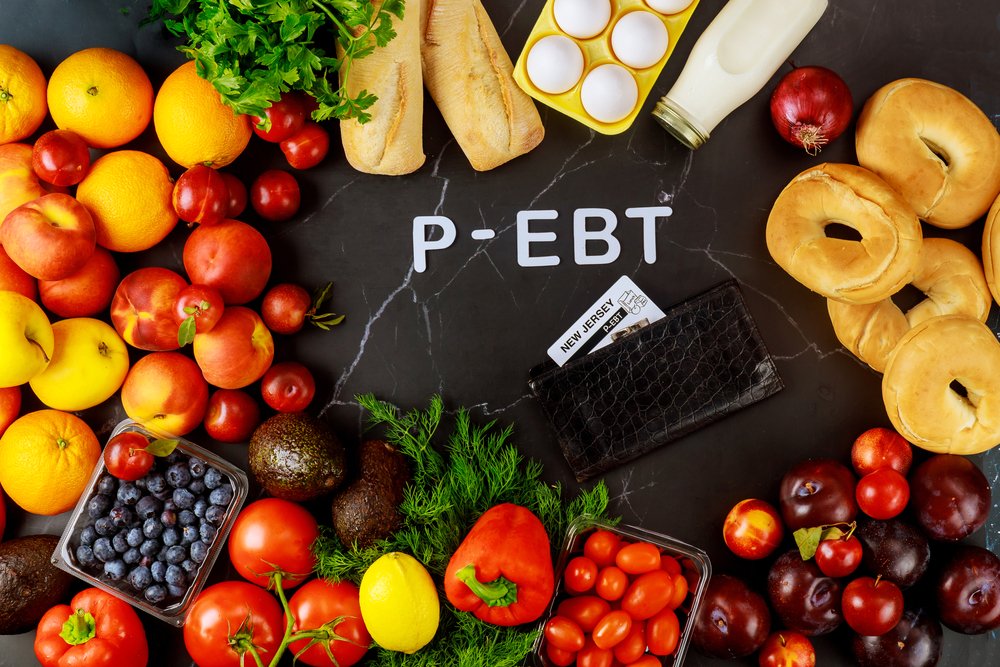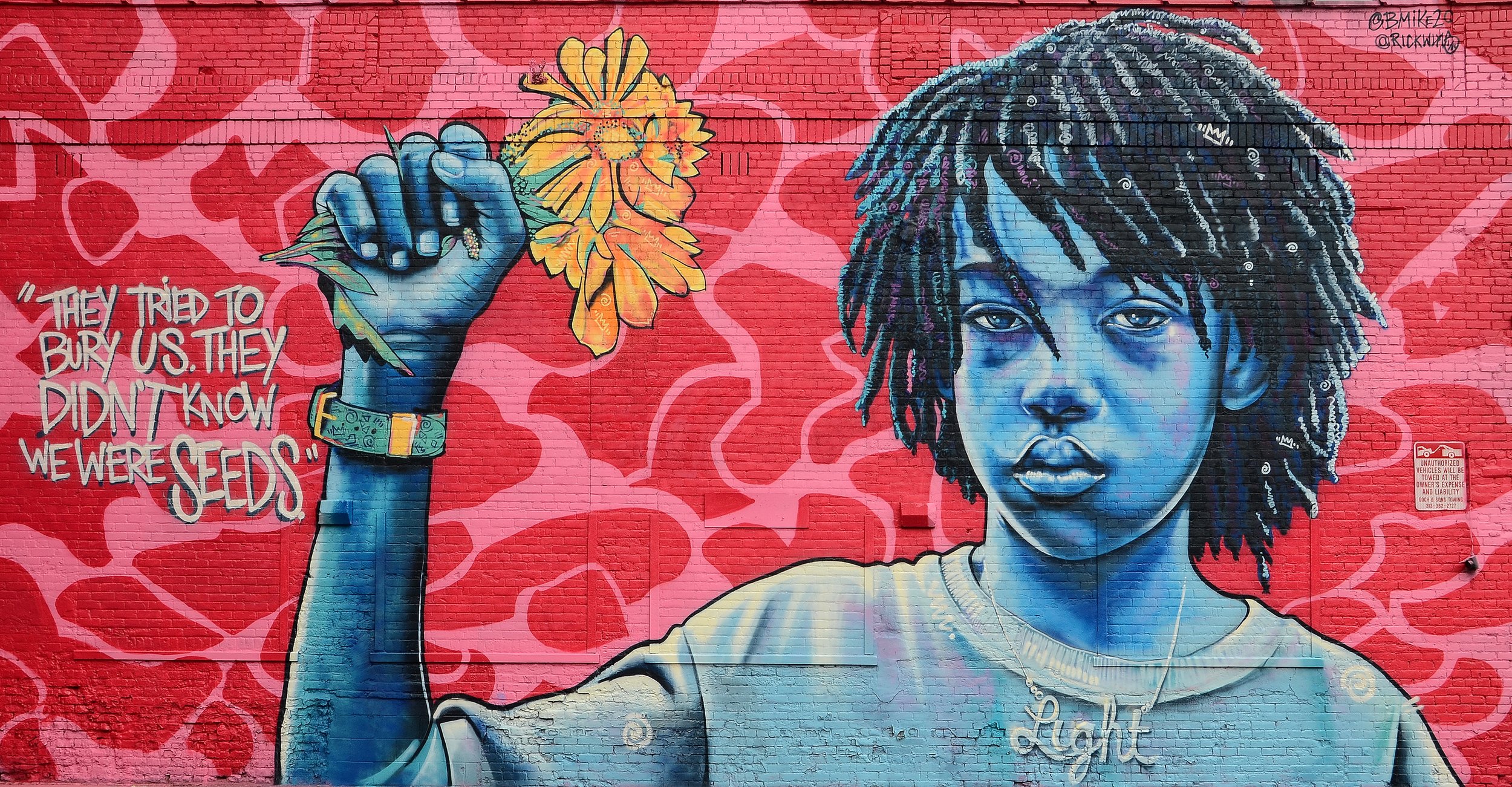SPOKEO V. ROBINS: THE CASE FOR KEEPING CORPORATE AMERICA ACCOUNTABLE
Robert Schug
Dir. of Litigation
& Training
Impact Fund
As Judge Posner famously put it, “the realistic alternative to a class action is not 17 million individual suits, but zero individual suits, as only a lunatic or a fanatic sues for $30.” In a nutshell, that’s what is at stake next term when the Supreme Court decides Spokeo v. Robins.
The plaintiff in Spokeo sued under the Fair Credit Reporting Act, alleging that Spokeo’s website contained false information about him. Spokeo is a self-described “people search engine” that organizes White Pages listings, public records, and social network information. Spokeo argued that the plaintiff lacked standing to sue because he did not suffer “actual harm” from the company’s conduct; his only claim of harm was that his statutory rights were violated. The Ninth Circuit disagreed, and held that where a statutory cause of action does not require proof of damages, a plaintiff can suffer a violation of the statutory right without suffering actual damages.
Next term, the Supreme Court will take up the Spokeo case to decide whether Congress can confer standing on a plaintiff by authorizing a private right of action based on a statutory violation.
The outcome will be important. We want consumers to stand up for their rights, and we want consumer protection laws to be enforced. Statutes like the Fair Credit Reporting Act ensure this, in part, by allowing victims to sue for statutory damages (e.g., between $100 and $1,000) in circumstances where actual damages are often difficult, if not impossible, to quantify. And, as countless commentators have noted, the objective of deterrence becomes a reality when large groups of consumers are allowed to aggregate their claims through the Rule 23 class action mechanism. Most companies wouldn’t bother changing their business practices in response to a $1,000 slap on the wrist. But thousands of customers seeking $1,000 a piece? That might be a different story.
Spokeo is just one of three cases, the others being Tyson Foods, Inc. v. Bouaphakeo and Campbell-Ewald Co. v. Gomez, on the Supreme Court’s docket that could affect the rights of American consumers and communities that seek justice via the class action mechanism. We’ll be keeping a close eye on these cases and will keep you updated.
Updates:
1. SCOTUS will hear arguments in the case on Monday, November 2, 2015.
2. Oral arguments transcript, 11.02.15.











